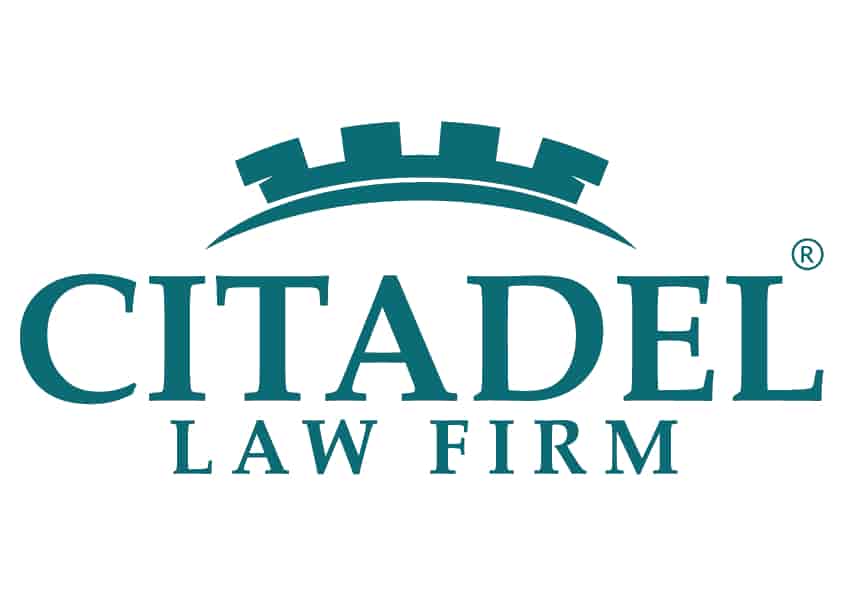Estate Planning Attorney Chandler, AZ
Only an experienced estate planning attorney and probate lawyer can help you and your loved ones.
- Experience you can Trust.
- Flat Fee for all Trust and Wills plans.
- Free out of state Estate Plan review.
- Estate Plan for Blended Families and Dynasty Trusts.
We offer Free Estate Planning Consultations for you with a Chandler lawyer.
Call us at (480) 565-8020
Book a Free Consultation
*You will be redirected to schedule a call with us after submitting the request.
What is Estate Planning?
Estate planning is ultimately about risk mitigation - that is, reducing risks for individuals, families, and business associates. This includes the mitigation of risks involving incapacity (physical and mental), the management of property, the orderly distribution of your assets after death, protection against claims from creditors and predators, and guiding future generations to manage wealth and savings when you are gone. So while estate planning is often thought of as directing who-gets-what after you die, it is much more comprehensive and includes several distinct periods when you are alive and healthy, alive and incapacitated, immediately after you have passed away, and in many cases to one or more generations after you.

The most basic estate plans include at least four elements: a Last Will and Testament, a Financial Power of Attorney, a Medical Power of Attorney (with Mental Health authority), and a Living Will. Most clients also elect to create one or more trusts to aid in the management and disposition of assets outside of the public legal process known as probate. In this article, we will discuss the Last Will and Testament and some pitfalls that arise when one does not seek out the assistance of an estate planning attorney Chandler to structure and draft a plan for the future.
A Last Will and Testament, or Last Will, or simply Will, are synonymous terms that refer to the legal instrument that principally states to whom you wish to leave your assets after you die. The Last Will and Testament is a misunderstood tool for many. Importantly, one's Last Will and Testament essentially does nothing while one is alive. It doesn't allow another to manage your property and it doesn't create authority for anyone else to help you make medical decisions. If you have minor children, your Last Will and Testament won't empower your other loved ones to care for children in the event you are in an accident or suffer from a form of physical or mental incapacity. A Last Will and Testament doesn't help protect your assets from recovery by the state if you suffer a debilitating illness requiring months or years in a long term care setting. Ultimately, your Last Will and Testament eventually becomes evidence for a court in a probate proceeding to transfer property from you to other people. To understand the probate process and how a Last Will and Testament affects this process, one must understand the different methods by which ownership of property can pass from one party to another party.
There are three ways ownership of property may transfer among owners: by operation of law, by private contract, and by court order. An operation of law transfer occurs when certain events prescribed by law take place. The most common example is the death of a person who owns real property titled as joint tenancy with right of survivorship. In this case, upon the death of Person A, the share of real property owned by Person A immediately vests in the other surviving owners "by operation of law." Typically, all one must do to claim a survivor's interest is present a death certificate and identification to a county recorder to have the deceased person's share of the real property retitled to the surviving joint tenants. Notably, operation of law ownership transfers do not involve any courts. And importantly, the actual transfer of ownership occurs at the instant of Party A's death rather than when the death is publicly documented with the county recorder.
Parties may also agree to transfer ownership by private contract. Private contracts can be as simple as exchanging money for goods in a store, or may be conducted using much more elaborate contracts detailing rights and responsibilities of the parties involved. Also notably, private contracts typically do not involve courts so long as parties to contracts honor their obligations and do not disagree on the terms of contracts.
Lastly, there is a transfer of property by court order. The type of court order involving the transfer of property resulting from the death of a person arises out of the legal process known as probate. A deceased person cannot own property. Therefore, upon the death of a person, any property owned individually that does not pass to new owners by operation of law or by private contract is deemed owned by the deceased person's "estate." So the question arises, how do new owners - typically a spouse or next generation - acquire ownership from their deceased loved one's estate? This happens in a probate. "Probate" is the name for the specific type of legal action that transfers property from a deceased person's estate to new owners.
If a person died with a valid Last Will and Testament, then that Last Will and Testament is submitted to the court as one element of the probate petition. The deceased person's Last Will and Testament becomes evidence in the probate proceeding. In effect, the Last Will and Testament becomes the deceased person's testimony to the court from beyond the grave as to where or to whom the deceased person wished their property to pass after death. It is important to note that the Last Will and Testament itself doesn't affect a transfer of ownership. Ultimately a court order arising in the public probate proceeding, that may or may not incorporate a deceased person's wishes stated in a Last Will and Testament, is the actual means of affecting a transfer along with other supporting documents (such as a transfer deed).
Why does Estate Planning matter?
There are several reasons. First, probate is necessarily a public legal process. Most court records are accessible by anyone - often online. This often removes any veil of privacy from family affairs and the amount of money or property passing from one generation to the next. Creditors who view public probate records can seek out claims against the estate and in some cases seek out claims from beneficiaries of the estate. In more synyster cases, predators may seek out and befriend those who stand to take or have taken property as beneficiaries with an intent of gaining access to inherited money or property. This not only occurs in cases of property passing to the next generation, but also may occur in cases of seniors named in a Last Will and Testament.
Living Wills are extremely important too and have a lot of benefits in creating one. Click here to learn more.
So while a Last Will and Testament is understood by many to be a simple document that transfers property after death, poorly drafted Last Wills and Testaments are often the source of very expensive litigation and family discord. We advise clients to only execute a Last Will and Testament drafted specifically for them by a licensed attorney. The amount one might save by using a free or inexpensive Last Will and Testament form can create very expensive Last Will and Testament contests in a future probate proceeding.
Our Estate Planning Attorney Chandler can help you protect you and your family. Only experienced estate planning attorneys have the ability to design a plan that takes into consideration all the particularities of you and your life. Call Citadel Law Firm, PLLC today to schedule a free consultation with one of our estate planning attorneys Chandler. If you prefer to schedule your free consultation online click here. We offer in person appointment but also virtual appointments.
How much does estate planning cost? Click here to learn more.





